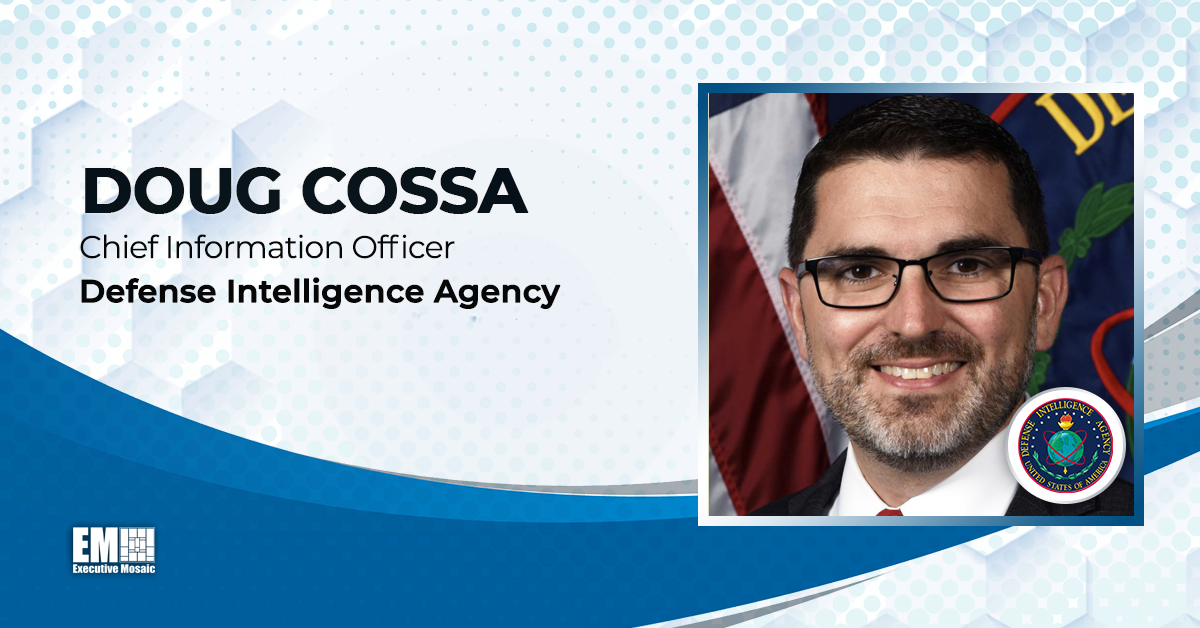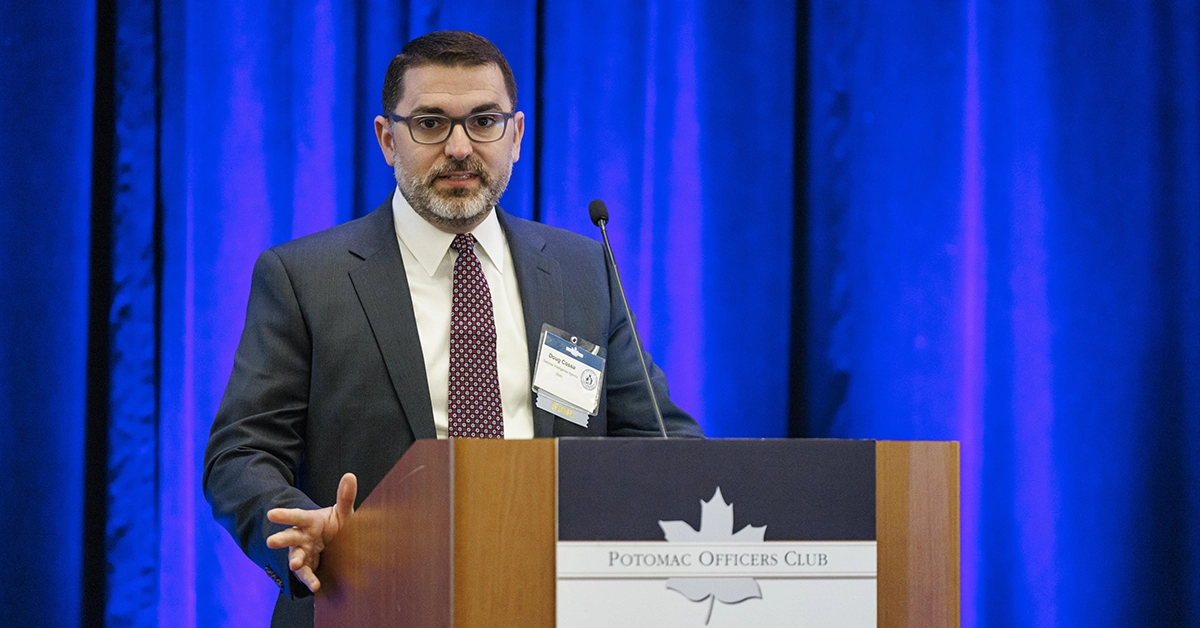The Joint Worldwide Intelligence Communication System, known as JWICS, is a top secret information technology network used by Department of Defense and Intelligence Community components.
According to Defense Intelligence Agency Chief Information Officer Doug Cossa, the agency is in the midst of a “huge effort” to transform the system to meet modern capability demands.

Cossa will share his perspective on the federal IT landscape in a keynote address at the Potomac Officers Club’s 5th Annual CIO Summit on April 17. At this major event, experts from both the public and private sectors will gather to discuss the current challenges and opportunities shaping today’s government IT realm. To learn more and register to attend the summit, click here.
Currently, DIA is focused on “technical refresh,” part of which is upgrading hardware. Another element of this transformation is building redundancy across the system, Cossa said on Federal News Network’s Inside the IC.
“So if and when equipment does fail, we have a second stack of equipment at our core nodes that we can failover to,” he explained. “And in many cases more than a second stack. We’ve got full redundancy across all the critical network components. That’s really been our focus over the past year, building that up around all of our functional areas that rely on JWICS.”
In a February 2023 video interview with Executive Mosaic’s Summer Myatt, Cossa noted cybersecurity and automation as two other pillars of JWICS modernization.
The role of automation in this effort is to speed up processes that are currently performed manually. Artificial intelligence will be a key player in making this vision a reality.
“When we do identify anomalous behavior — things that don’t fit the common pattern of the activity that’s on the network — we can identify it immediately and isolate and take immediate action,” he said, explaining the role of AI in network management.
Cossa said the cybersecurity part of this plan is primarily centered around zero trust, and he is embracing mistakes as DIA works to perfect this strategy.
During the Potomac Officers Club’s 9th Annual Intel Summit in September, Cossa said that sometimes, the agency’s zero trust experimentation can cause things to “just stop working,” which he sees as a positive.
What this means, he said, is that something that was trying to connect to a DIA network did not meet the agency’s updated compliance standards. These issues can help uncover “shadow IT,” or hardware and software that exists “outside the enterprise baseline.”
Don’t miss your chance to hear more of Cossa’s thoughts at the 5th Annual CIO Summit. Click here to secure your spot.






